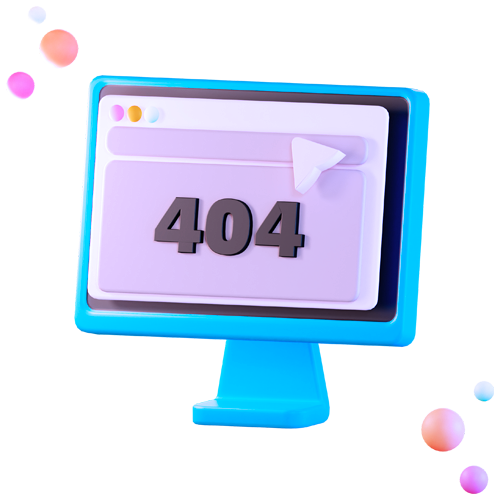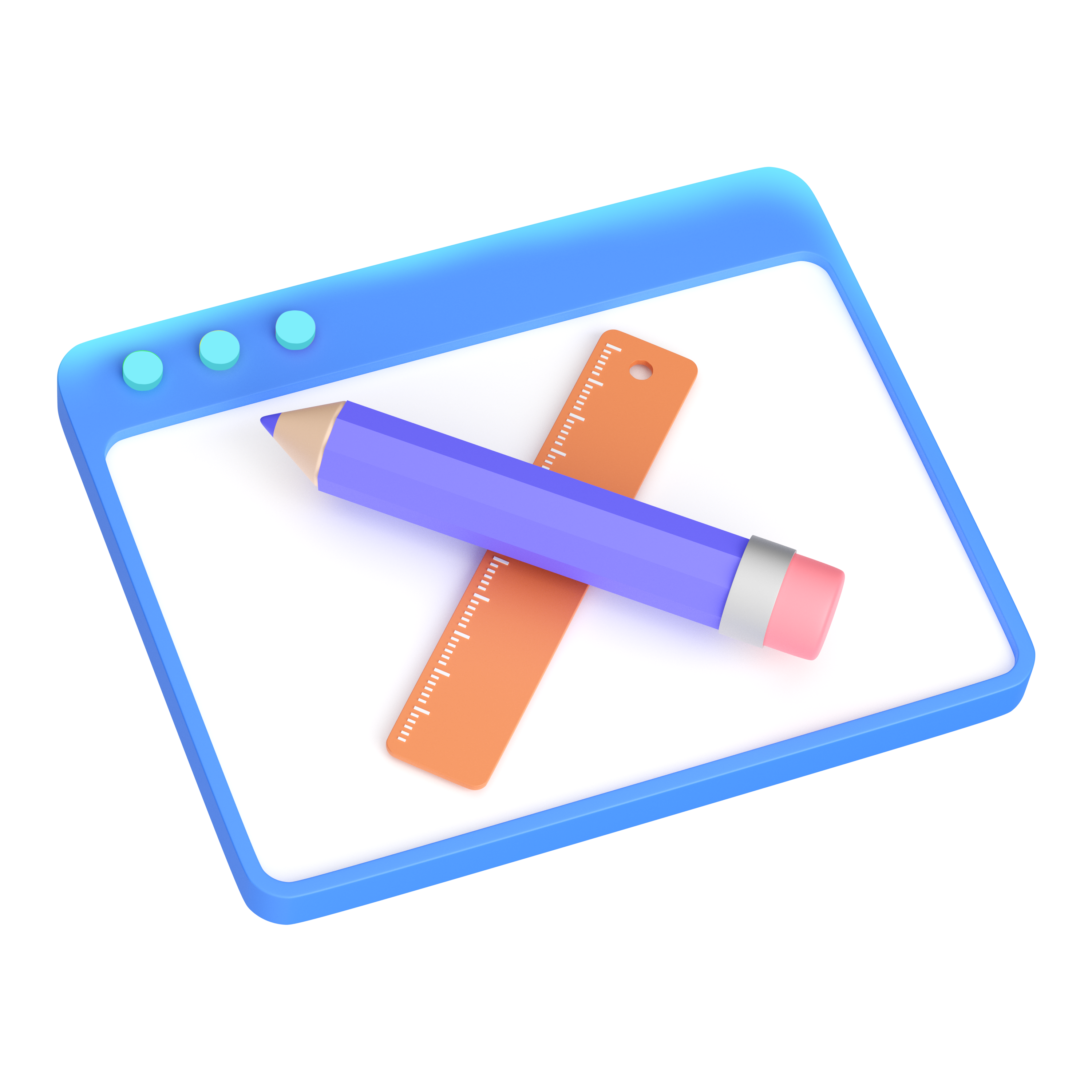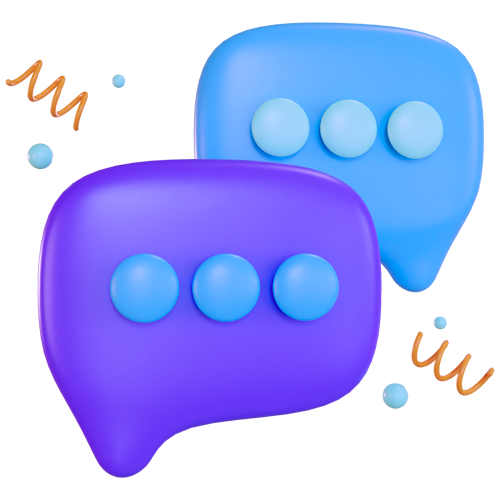2019 & We're Still Socially Synced!
53% of teens say that Instagram is the best platform for learning about new products.
Over the past decade or so, social media platforms have become key marketing tools. However, simply sending out periodic content isn’t enough. Determining when to post is key for reaching the highest number of potential readers or customers.
As a mobile-centric platform catering largely to young adults, Instagram provides a unique opportunity to engage with clients and customers in that demographic. In this post, we’ll discuss how the platform stands out, and help you figure out the best time to post on Instagram.
Why Instagram Is a Platform Worth Targeting
Each social media platform has unique features that make it appealing to certain types of users. Therefore, posting to several different platforms is wise, as this enables you to reach the widest variety of potential customers.
Instagram in particular is distinct from other social media platforms in a few key ways. The first is that it’s designed from the ground up for mobile usage. The features on the desktop version are limited, encouraging on-the-go posting and browsing instead.
This platform also tends to appeal to a younger crowd. The overwhelming majority of Instagram users are between the ages of 18 and 29. For businesses trying to reach teens and young adults, that makes Instagram ideal marketing territory.
Additionally, 53% of teens say that Instagram is the best platform for learning about new products. Plus, over half of the platform’s users follow brands. With 800 million total users, Instagram provides an opportunity to reach a massive customer pool.
Unfortunately, the Instagram algorithm has been a point of complaint for general users and businesses alike. It promotes posts based on a combination of relevancy (how similar the post is to other content a particular user has viewed), relationship (how much the user has interacted with the poster), and recency.
Figuring out how to work with this algorithm so your posts appear at the top of your followers’ feeds is central to successful Instagram marketing. On the other hand, ignoring the algorithm could lead to all your carefully crafted posts going unseen. While there are some aspects you can’t control, you can pay attention to the timing of your posts.
How to Determine the Best Time to Post on Instagram (4 Key Tips)
The best time to post on any social media platform will vary from business to business. What’s more, each individual site is unique. Therefore, it’s imperative to take your specific audience and the platform you’re using into consideration.
Over the next few sections, we’ll look at some key factors you’ll want to consider when determining the best time to post on Instagram. These techniques will enable you to put together a posting strategy that gets real results.
Determine When Your Posts See the Most Engagement
Successful Instagram posts are those that promote engagement, otherwise known as user interaction. Posts with more comments that are frequently shared are prioritized by the platform’s algorithm. In other words, they’re more likely to be seen.
Creating well-crafted content is a good start, but posting when users are most likely to engage with that content is one of the best ways to rank high. The way you do this will depend on how long and how active you’ve been on the platform.
If you’re a long-time Instagram poster, you can use Instagram Insights to conduct some research. This tool for businesses breaks down how followers are engaging with both your profile and individual posts. You can use this data to determine when your content sees the most engagement. Then, you can prioritize future posting at those times.
Newer Instagram profiles don’t have this luxury, since there won’t be enough data for Instagram Insights to provide an accurate picture of when followers are commenting on and sharing your posts. In that case, you will need to gather the data yourself by looking through your past posts. Although potentially tedious, this will save you from posting at inopportune times, and missing out on the chance to market to more users.
You should also consider when you will be able to respond to comments and direct messages, to encourage engagement more directly. The quicker you can respond to your audience, the faster your posts should rise to the top of your followers’ feeds.
If you can, you’ll also want to publish your blog posts during times of high engagement, and set them to automatically post on Instagram. This helps to drive the platform’s users towards your website.
Know Your Target Audience’s Schedule
Instagram users have particular habits that can make it easier for you to post when they’re most likely to be using the app. Having an idea of your audience’s daily schedule should help you take advantage of these habits.
For example, surveys show that almost half of Americans check their phones right when they wake up, and social media apps are a common way they spend this time. For young professionals, this could be before sunrise. If your audience is made up of college students, on the other hand, it might be as late as noon.
Lunch breaks are also popular times for people to check their social media accounts. Midday posts during the work week are likely to reach large numbers of young adults, who are spending their breaks using their phones.
On the other hand, work hours and weekends typically aren’t ideal posting times. People are generally focused on their jobs or enjoying their days off. Competing for customers’ attention during those periods is far more difficult than catching them when they’re looking for a way to kill time.
Consider the Impact of Time Zones
Remembering that not everyone is in the same time zone as you can keep you from missing out on the chance to reach more Instagram users. While many of your followers may be in your general vicinity, acknowledging your global following as well is a smart way to increase your odds of success.
When you check Instagram Insights or collect data on when users are most engaged with your posts, you may be tempted to focus solely on the times and days with the very highest engagement levels. If you look closer, however, you’ll probably notice one or two other times when engagement peaks, even if it doesn’t get quite as high.
Those secondary high-engagement periods are sometimes the result of users in other parts of the world interacting with your content. Staggering posts so that some of them go up during these times can improve engagement with global users, and increase your following across the world.
If you’re hoping to target a specific area of the globe, you can also specifically look at when people from that region are most engaged with your content. Then, you can simply schedule more posts during those times.
Keep Improving by Monitoring Your Followers (And Your Competition’s)
Effective social media marketing can’t be static. Your profile and posts should continue to grow and improve as you gain more followers, and as users’ interests and demographics change.
Just because you’ve determined the best time to post on Instagram once doesn’t mean your job is done. Continually monitoring your followers and posts to see when and how users are engaging with your content will enable you to adapt to key habits and preferences among your customer base.
It’s also wise to look at your competitors’ profiles and posts to see when users are most engaged with their content. This can help you predict trends in how user activity may be changing, and provide you with access to new potential customers.
Conclusion
Determining the best time to post on Instagram can drastically improve the success of your business’ marketing strategy. While your market and target audience will influence exactly when that time is, there are several strategies you can use to get your content in front of more users.
To find out what the best time to post on Instagram is, you’ll want to:
- Determine when your posts see the most engagement.
- Know your target audience’s schedule.
- Consider the impact of time zones.
- Keep improving by monitoring your followers (and your competition’s).
Do you have questions about how to build a strong following on Instagram?












